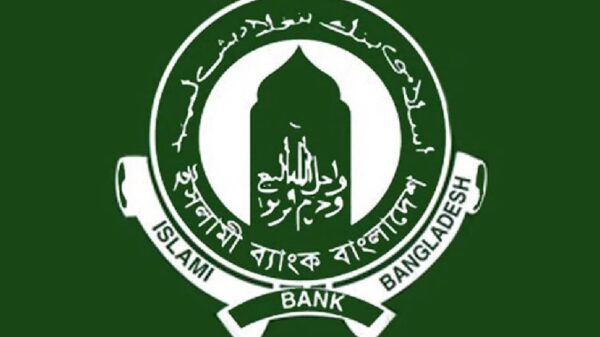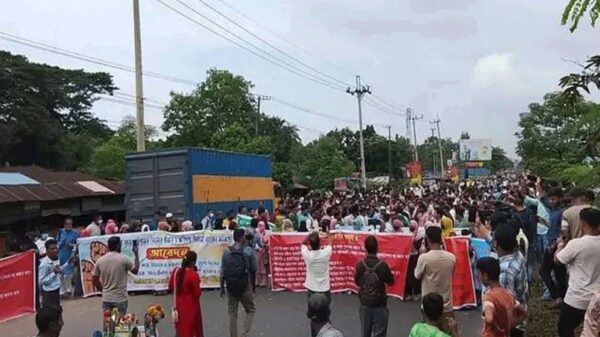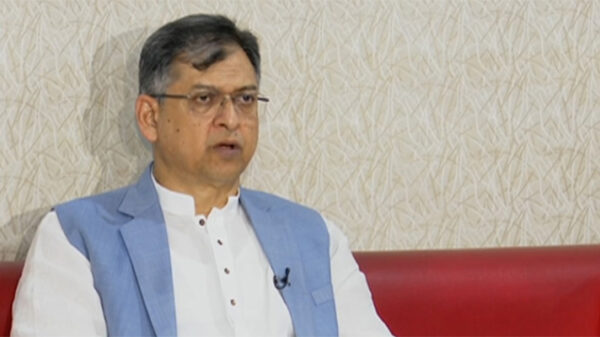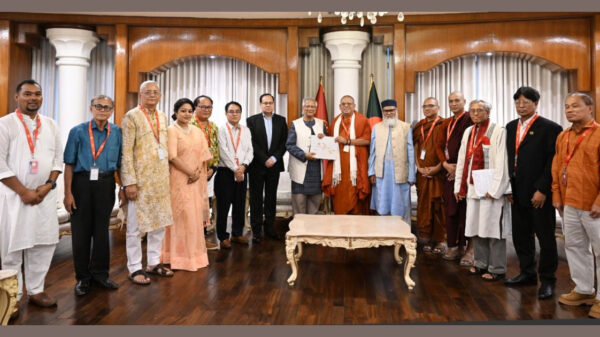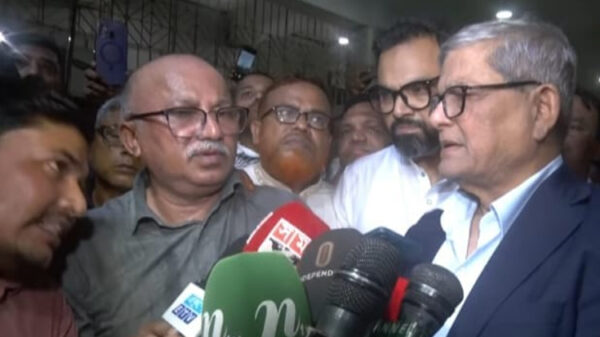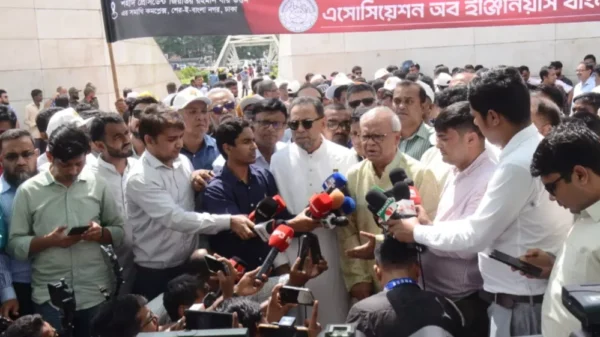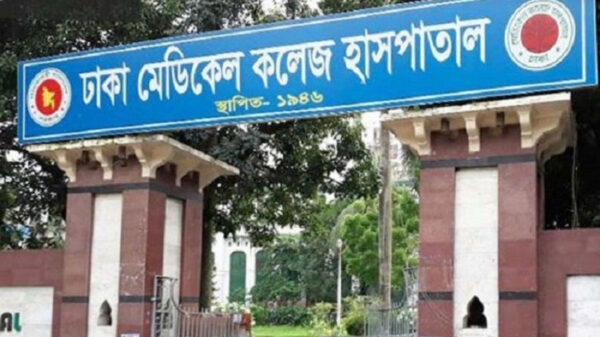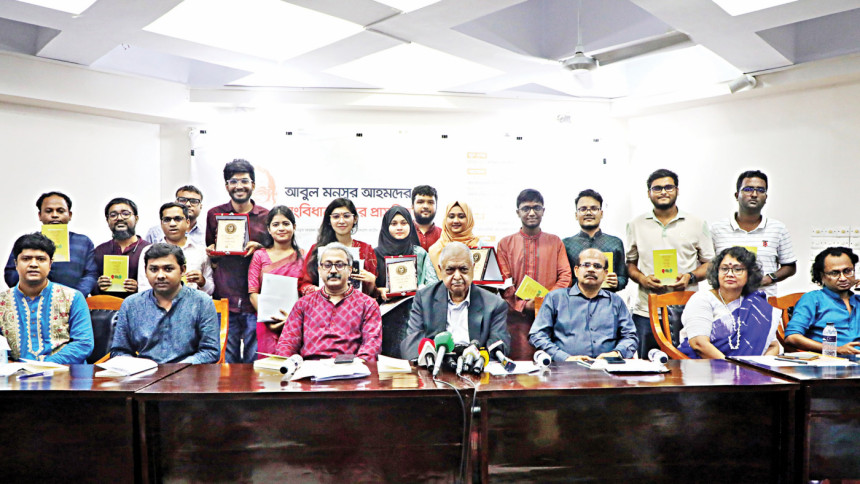Staff Reporter:
Speakers yesterday stressed extensive reform of the current constitution to establish accountability in every sector and for eliminating all avenues for turning autocratic.
They said various types of reform activities are underway in post-uprising Bangladesh. Preparations are underway for changes in everything from public administration to the constitution.
The government has called on the people of the country to provide their opinions on reforming the cur-rent constitution, which has become a tool of fascism.
As part of this initiative, the Jatiya Nagorik Parishad (National Students Council) organized a roundtable meeting titled ‘Constitutional Reform Proposals’ at Hotel 71 in the capital. Barrister F. Rahman presented the reform proposals on behalf of the organization.
The proposal outlines the establishment of a just and fair government system, where important issues such as democratic accountability, national unity and social solidarity have been given priority.
Keeping in mind the goal of public welfare reforms, it includes proposals for an accountable parliament and administration, protection of individual freedoms and civil rights, and the formation of a Truth and Reconciliation Commission. In addition, specific recommendations have also been made to determine the clear distribution, balance, responsibilities and roles of the Prime Minister and the President.
The proposal recommends ensuring the protection of citizens from extrajudicial harassment and disap-pearance by adding new articles to the constitution. The issue of ensuring the protection of personal in-formation and the right to privacy in the context of technological development has also been specifically mentioned.
In order to protect the independence of the judiciary, the proposal also includes recommendations for making the participation of judges in the caretaker government structure mandatory, as well as establish-ing a separate judicial secretariat and forming an independent budget.
Stating that the preamble of the current constitution and the principles of state governance do not reflect the beliefs and aspirations of the people, the proposal recommends including equality, human dignity, justice and Islam as the fundamental principles of the state. These values and spirit were the main moti-vations of the 1971 Liberation War and the 24th mass uprising.
Former Justice Faisal Mahmud Faizi, former Secretary S. M. Zahrul Islam, Mufti Harun Izhar, eminent poet Professor Abdul Hai Sikder, writer and poet Rezaul Karim Roni, Engineer Mohammad Shafiqul Islam Khan, Professor Dr. Mohammad Sarwar Hossain, Adhiagak Mohammad Abdul Mannan and other eminent personalities spoke at the event.
The speakers made specific proposals to resolve the current situation, highlighting various inconsisten-cies.


